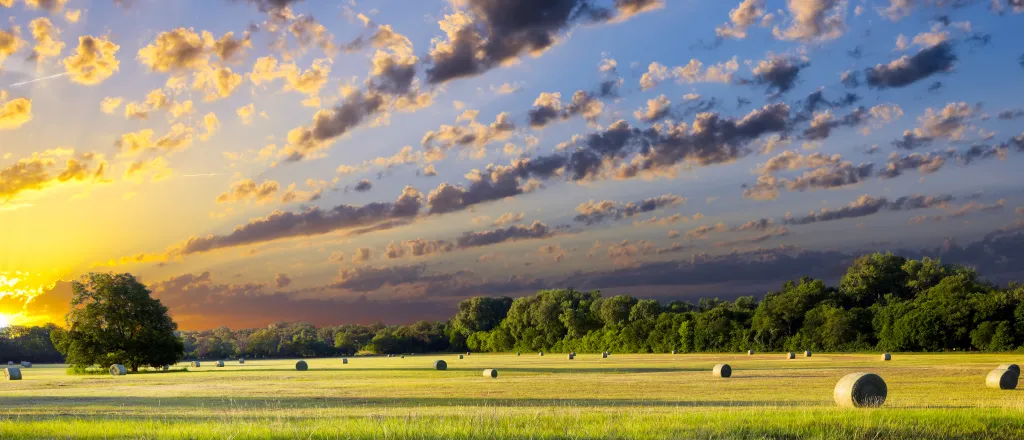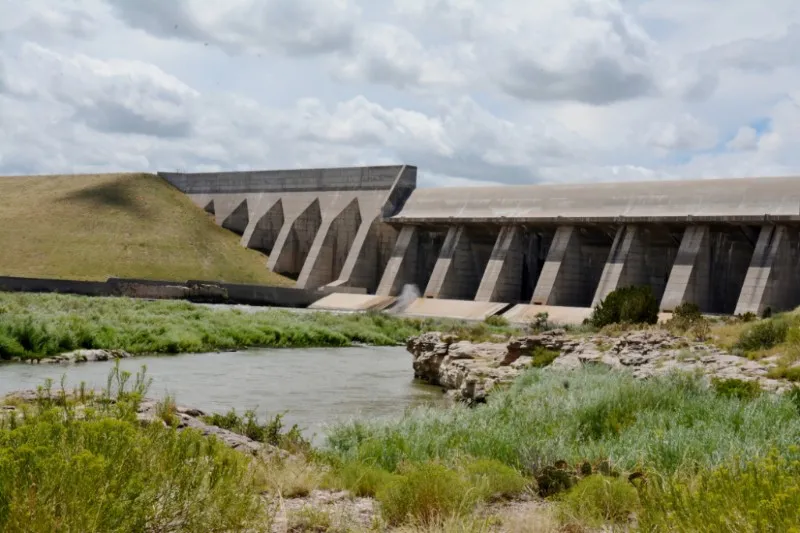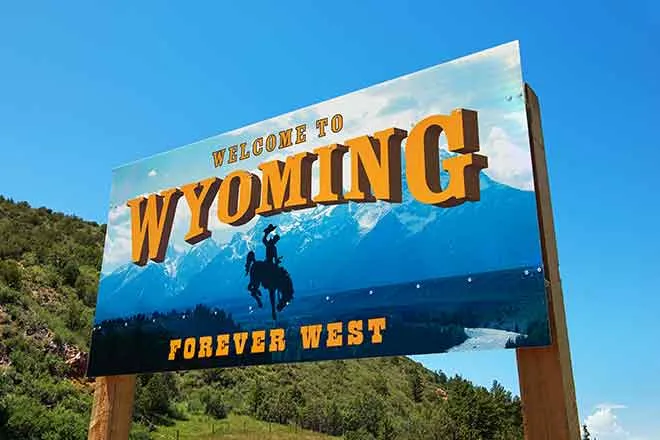
The Yonder Report: News from rural America - April 10, 2025
© Dean_Fikar - iStock-503150251
News from rural America.
Money meant for schools in timber country is uncertain as Congress fails to reauthorize a rural program, farmers and others will see federal dollars for energy projects unlocked and DOGE cuts threaten plant species needed for U.S. food security.
TRANSCRIPT
For the Daily Yonder and Public News Service, this is the news from rural America.
Education leaders want Congress to reauthorize the Secure Rural Schools and Communities Act, though they say it's not a long-term solution.
For decades, the act has funded schools and roads in more than 700 counties hit by declining timber revenue from federal land.
Mark Haggerty is with the Center for American Progress.
So the industry doesn't support local schools, sheriffs departments anymore.
And so if you just look at the way the economy actually works, it doesn't work for rural places.
The act was originally authorized through 2006, when counties were expected to find new ways to pay for infrastructure.
But Haggerty says many haven't been able to.
The rural, isolated, timber-dependent communities effectively didn't recover.
Despite a reauthorization mandate every three years, the act died without a vote in the House of Representatives last year after unanimous approval by the Senate.
This month, the USDA will unlock billions in federal funding for rural energy programs.
Julia Tilton reports.
Farmers, small businesses, and rural electric cooperatives will be allowed to revise their proposals to fit Trump administration energy priorities.
Keith Dennis at the Beneficial Electrification League says strengthening the grid and lowering consumer costs are nonpartisan.
I think folks going into that program made, for the most part, pretty durable projects that would withstand political changes.
The programs have already passed an administration review, but the Sierra Club's Jeremy Fisher says it's not clear if all the clean energy proposals will get a green light.
I think an optimistic read of this would be that awardees are expected to actually make no changes.
I'm Julia Tilton.
Scientists at 22 U.S. sites have maintained agricultural plant species since 1898, but cuts pushed by DOGE have upended their work.
Professor Iago Hale at the University of New Hampshire says the potential loss of America's seed bunkers is alarming because the food system is only as safe as fighting the next plant disease.
If you subsist totally on chicken nuggets and KFC, that's fine.
Understand that that comes back to plants grown in the field.
The breading on your fried chicken, the French fries that you're eating, these are all products of crops.
The U.S. National Plant Germ Plasm System safeguards the genetic lines of 600,000 crops.
Unless dormant seeds are replanted and cared for, they perish.
Hale says crops like potatoes are very vulnerable.
They're not maintained as seed, they're maintained as potatoes.
So the nation's entire potato collection has to be grown out every year or it will die.
The courts have temporarily reinstated some of the 300 NPGS scientists, but it's unclear when their work will resume.
For the Daily Yonder and Public News Service, I'm Roz Brown.
For more rural stories, visit dailyyonder.com.
















